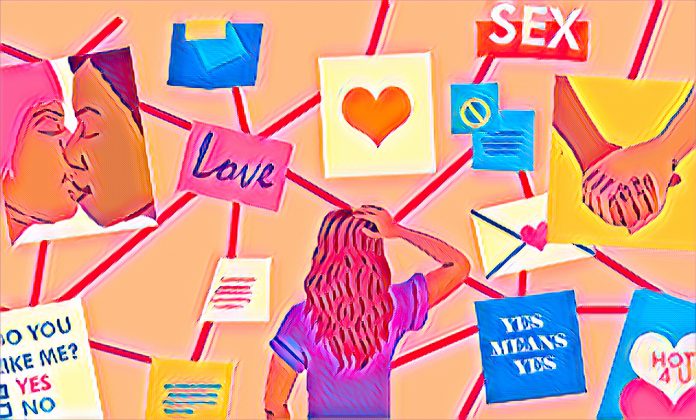Key Points
-
Early sex education promotes informed and responsible lifestyle choices.
-
It reduces teenage pregnancy and sexually transmitted infections.
-
Early sex education empowers young people to protect their health.
Calls for early, thorough sex education are growing across Nigeria as teachers, parents, and professionals ask the government to make it a requirement in schools. The debate, which is affected by cultural sensitivities, has become more important because of the rising number of teenage pregnancies, reports of sexual abuse, and lack of knowledge about reproductive health among young Nigerians.
Early sex education is very important in Nigeria
In Lagos, people like Mrs. Adetoro Abeeb, a public school teacher, say that teaching kids about sex at a young age is very important for making them behave in a responsible way. She told the News Agency of Nigeria (NAN), “Sex education gives students the tools they need to make smart choices about their sexual health, relationships, and well-being.”
Abeeb talked about studies that show that comprehensive sexuality education can lower the number of teen pregnancies. She told federal and state officials to make certain subjects mandatory, saying that required lessons would help students, families, and communities make safer choices.
Using knowledge to fight stigma and abuse
Mrs. Kemi Oke, a teacher in Lagos, said the topic is important because there are more and more reports of sexual abuse of children. She mentioned the National Sexuality Education Curriculum, which came out in 2002 and tells parents to start talking to their kids about sex at an age-appropriate level.
Oke said, “Early sex education teaches kids about consent, boundaries, and how to respect their bodies.” “It helps stop abuse, makes people more understanding, and makes communication better.” She said that without structured lessons, kids learn from their friends and the media, which makes it more likely that they will get wrong information.
Advocates say that parents and teachers need more tools. A mother from Lagos named Mrs. Shola Johnson said that teachers should get training so they can teach lessons in a way that is sensitive and accurate. She said, “Putting sex education at the top of the list will give kids the information and confidence they need to take care of their reproductive health.”
Creating a generation that is healthier and more knowledgeable
People who work outside of schools support the change. Mr. Bayo Oluadekoya, a mechanical engineer, said that teaching teens early on how to protect themselves from sexually transmitted infections like HIV is important. “It teaches consent, communication, and safer ways to do things,” he said.
Mr. Mofe Oluwajuwon, a businessman, said that the curriculum gives young people the tools they need to make smart decisions. “It helps people who are vulnerable, like teens and adults living with HIV, and it reduces the stigma around sexual health,” he said.
Health officials in Lagos State and educational NGOs like the Women Health Advocacy Network have helped with the rollout of the curriculum. Some stakeholders think that pilot programs in some states could help shape national policy. Funding and oversight will need to be ongoing for implementation.
Proponents contend that reformed educational curricula could eradicate detrimental myths and foster healthier behaviours across the nation. Many people in Nigeria now see early sex education as an important public health issue rather than just an academic subject. This is because educators, parents, and experts are all calling for it.



